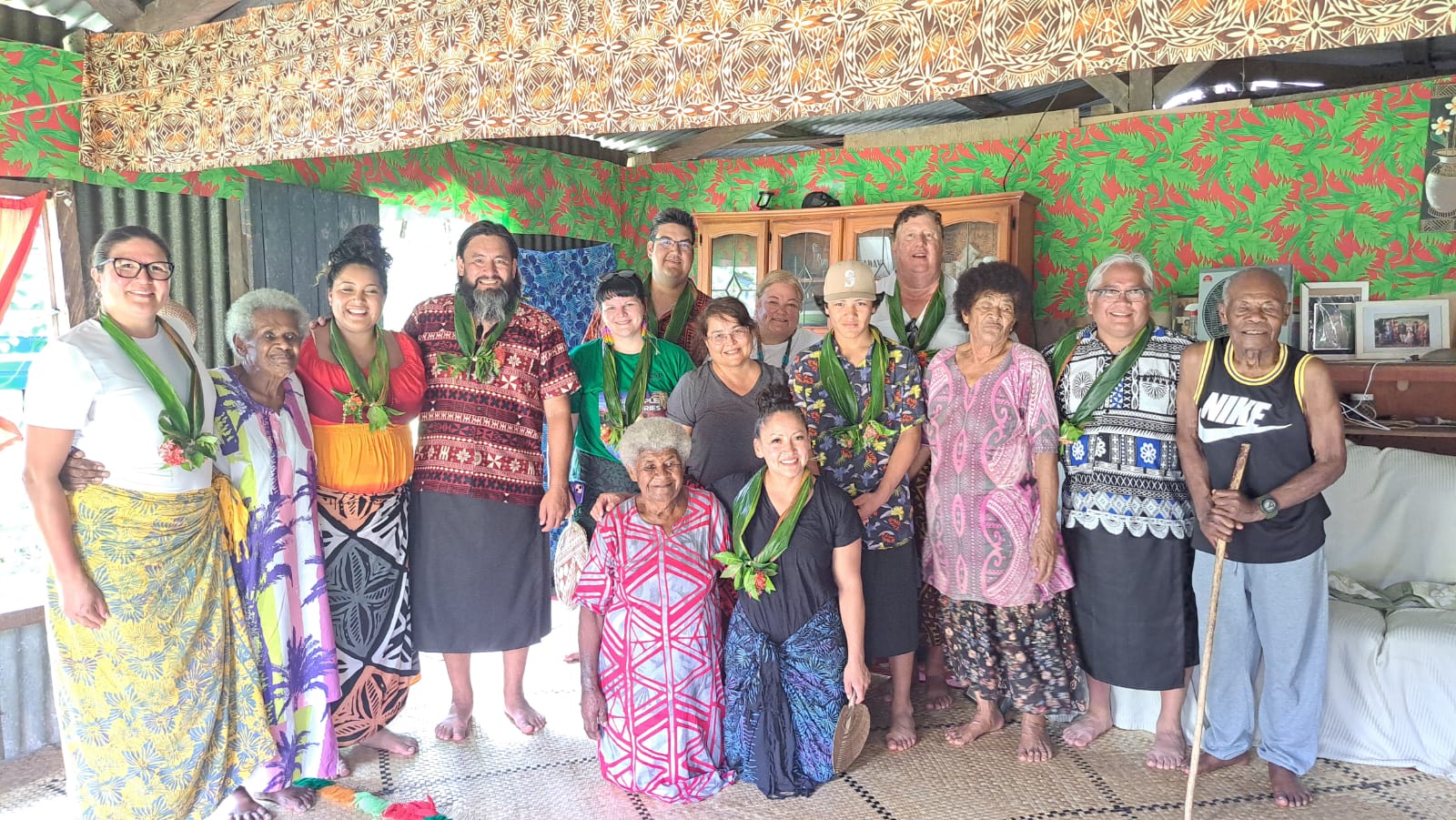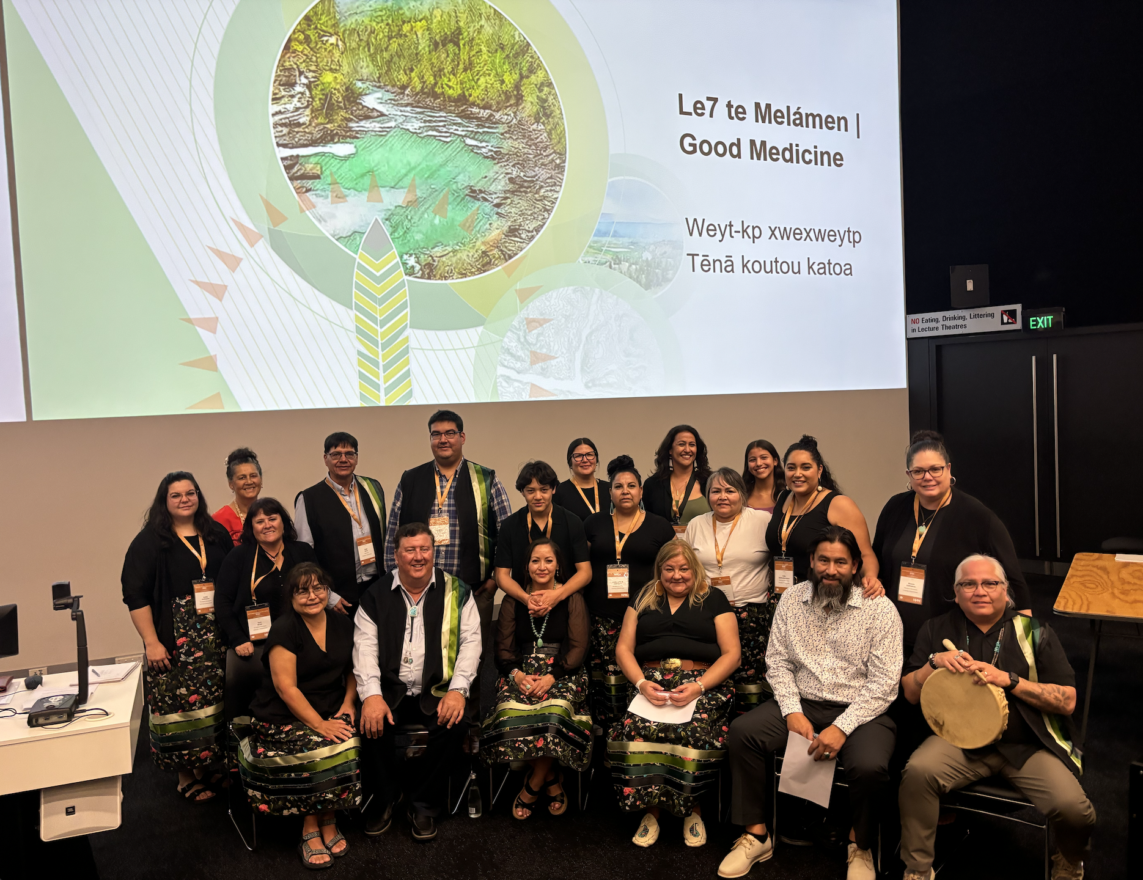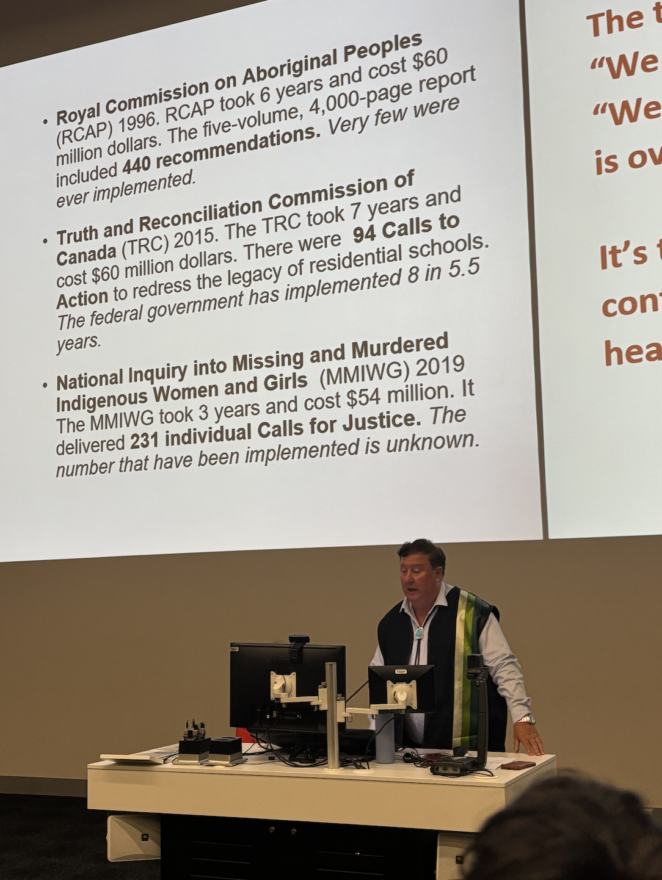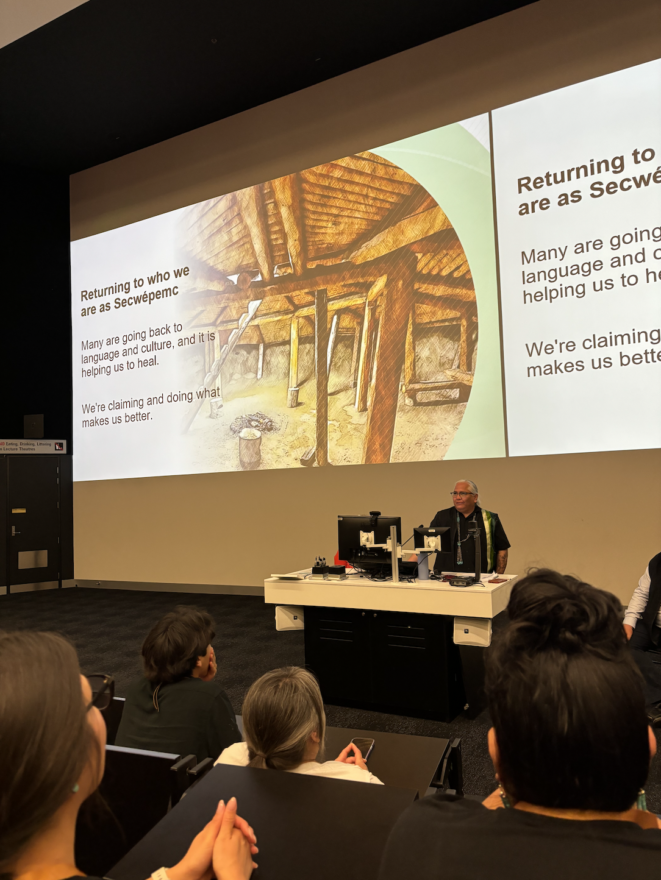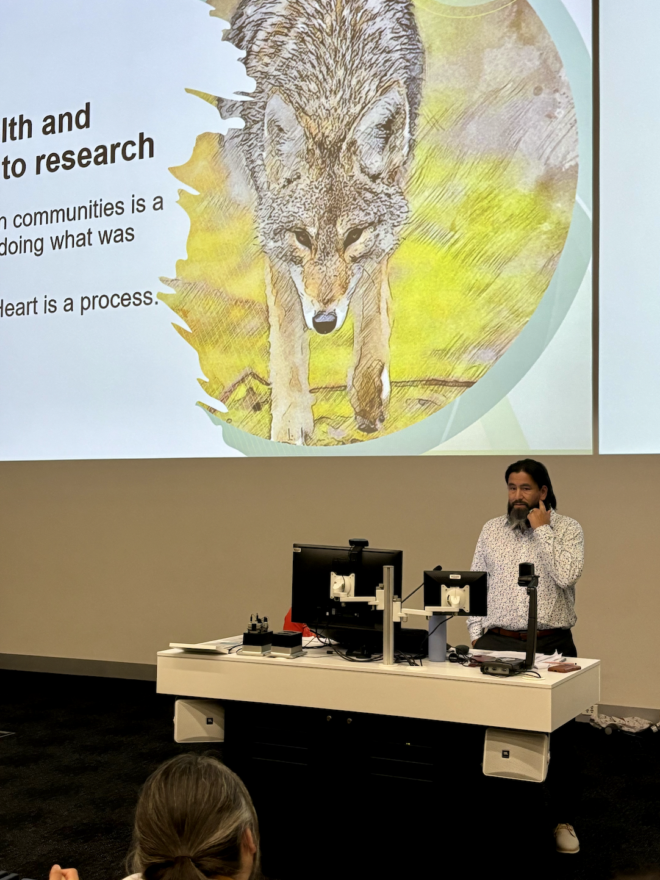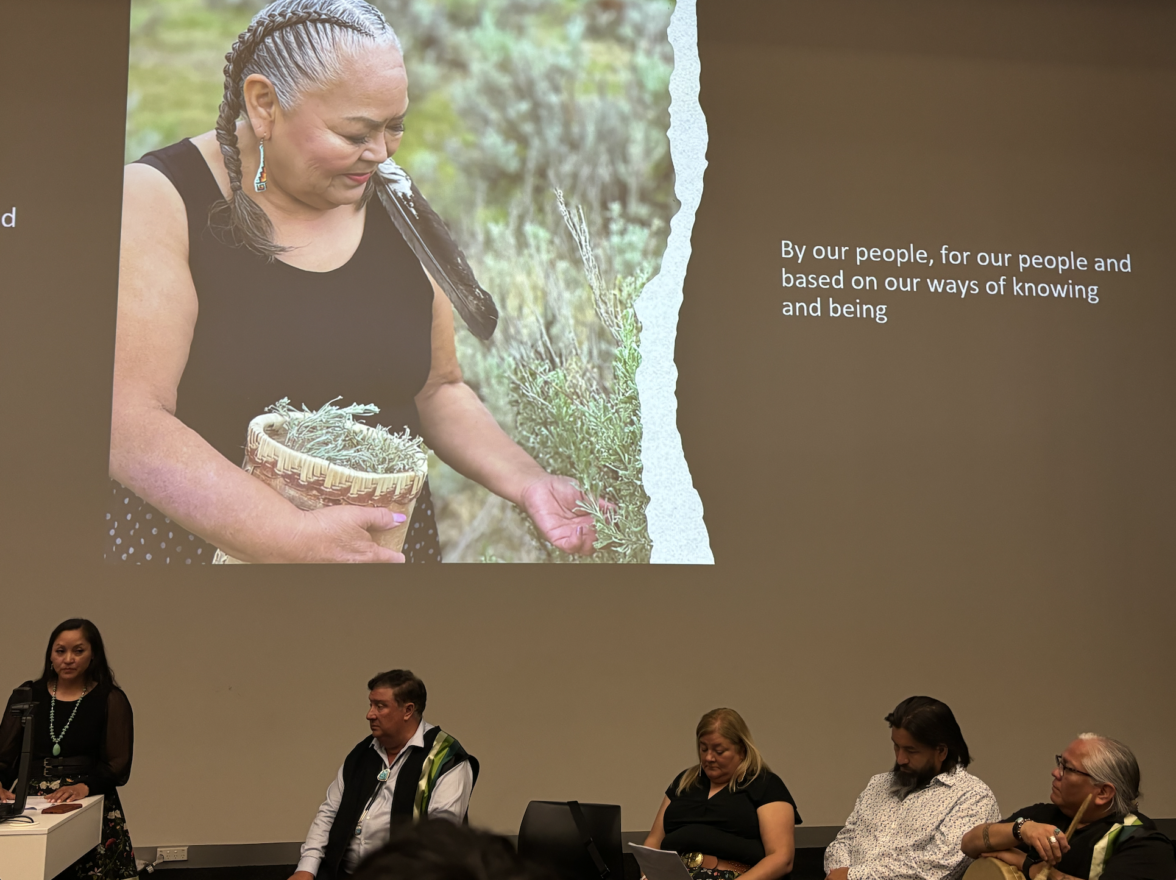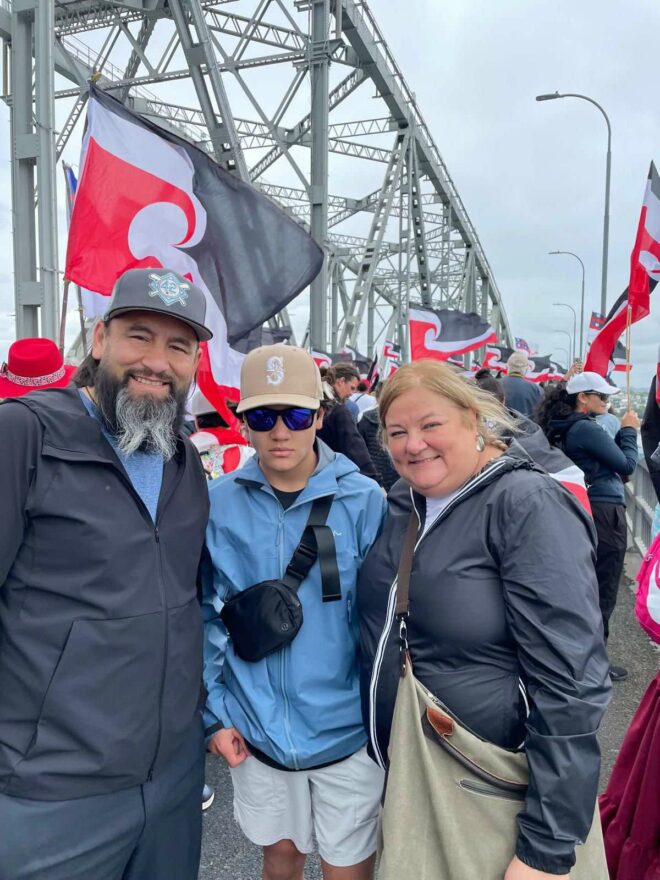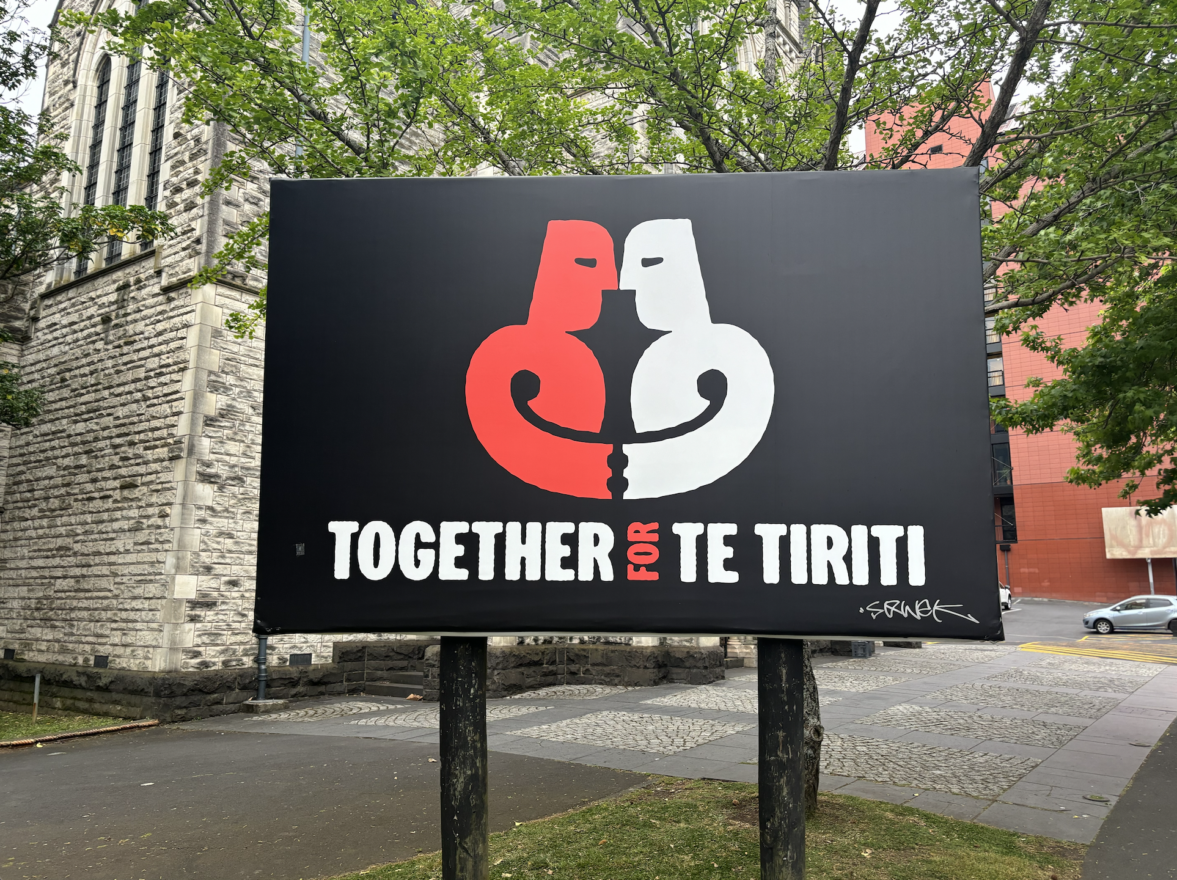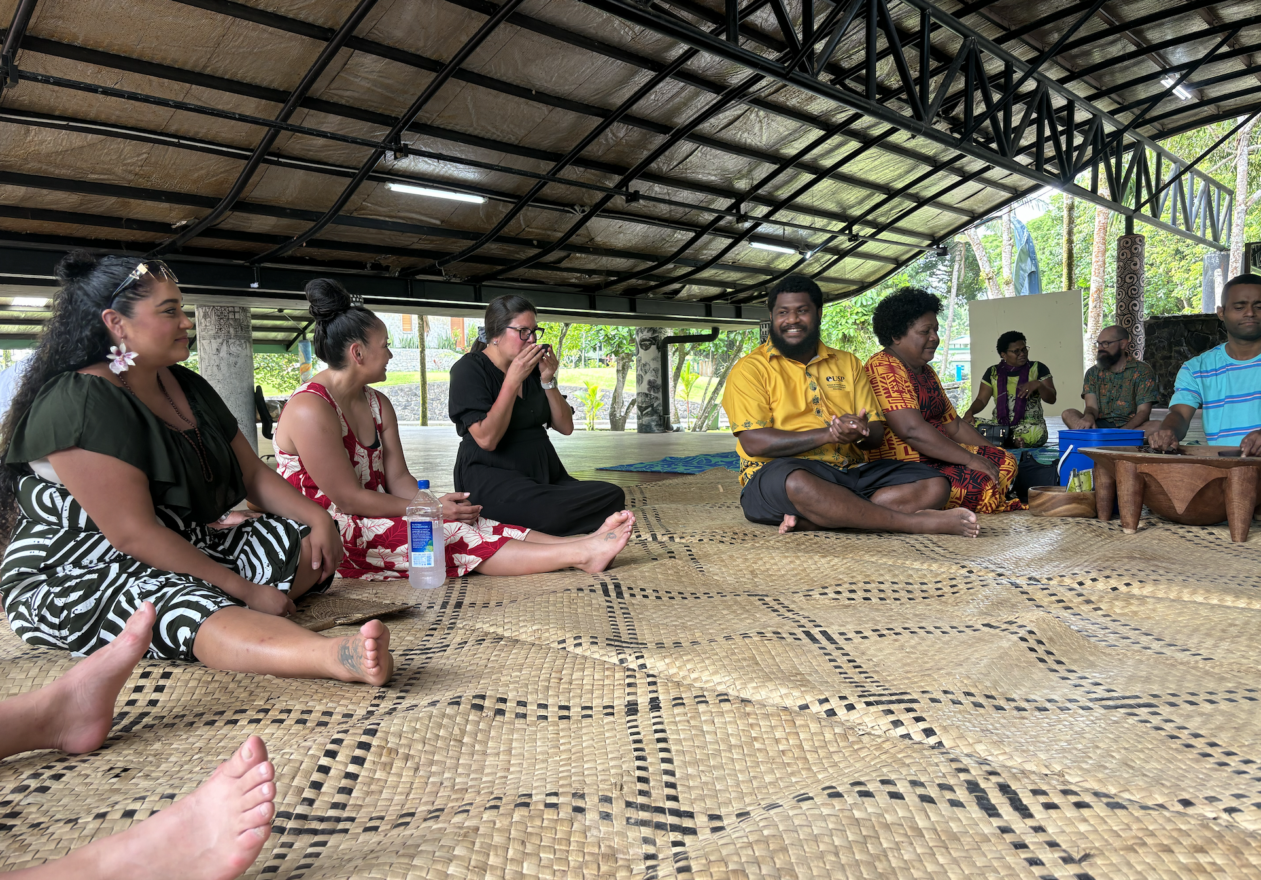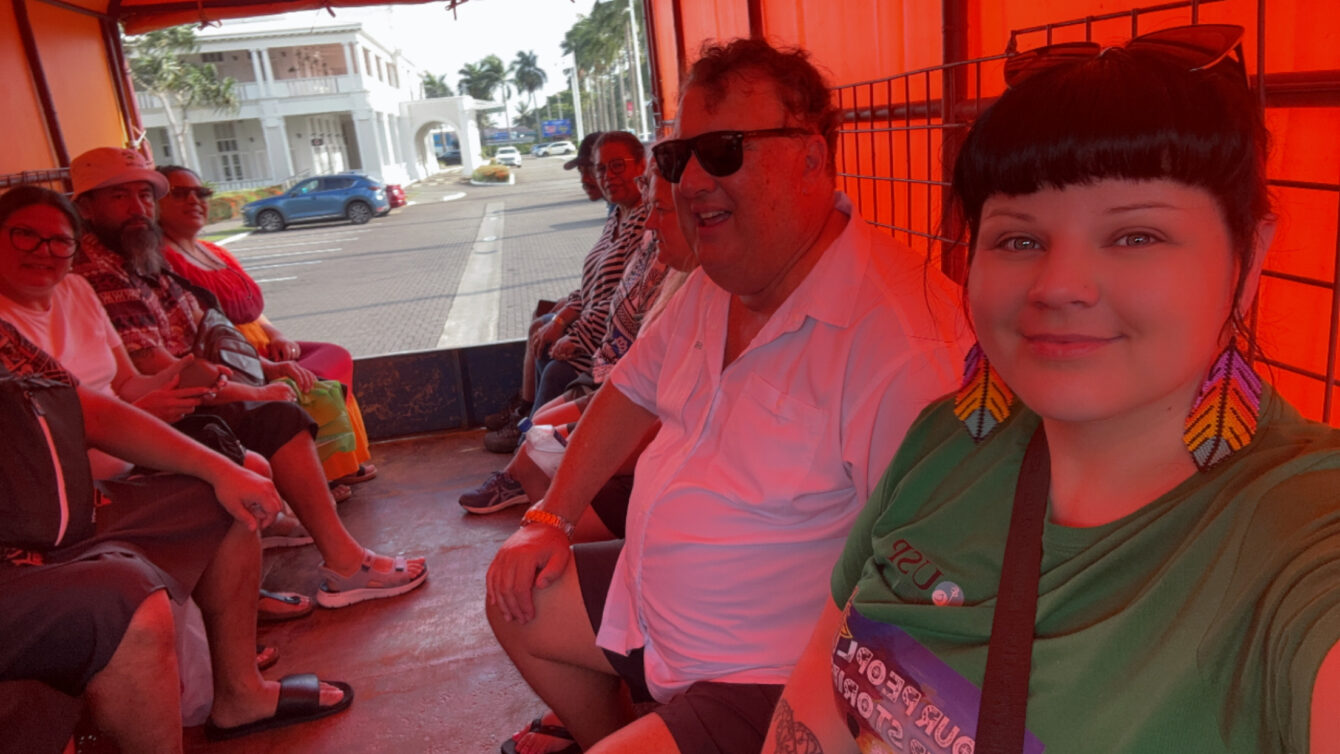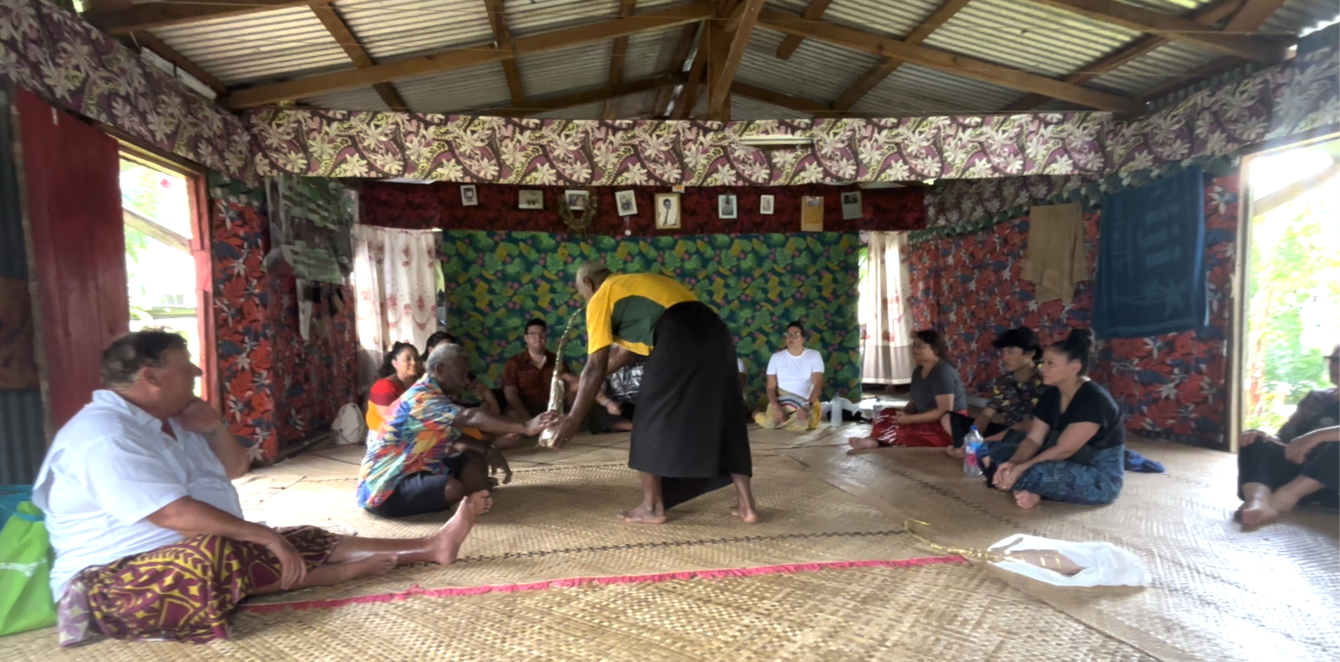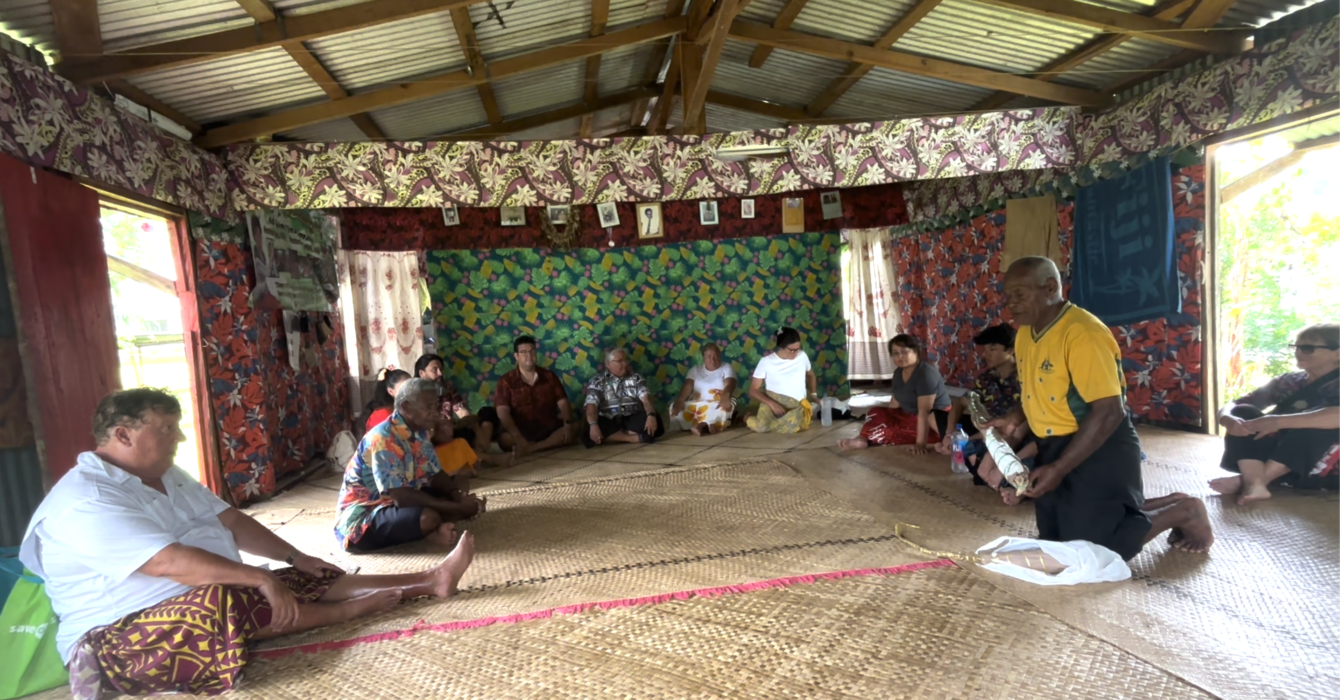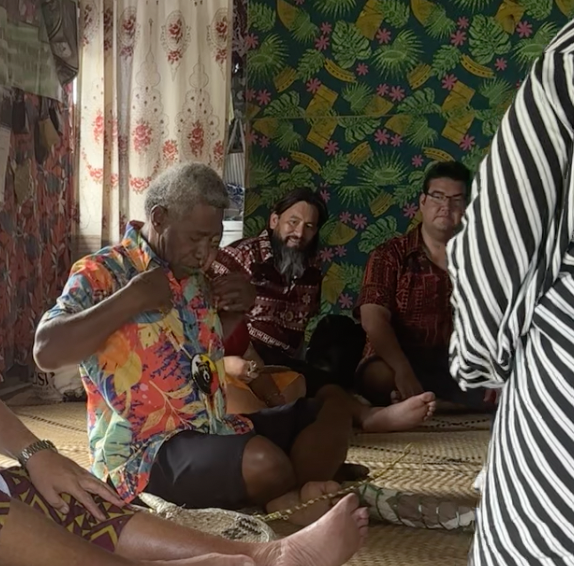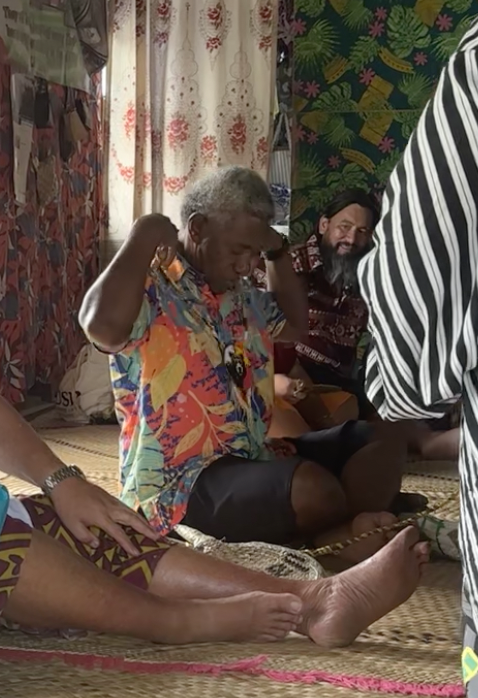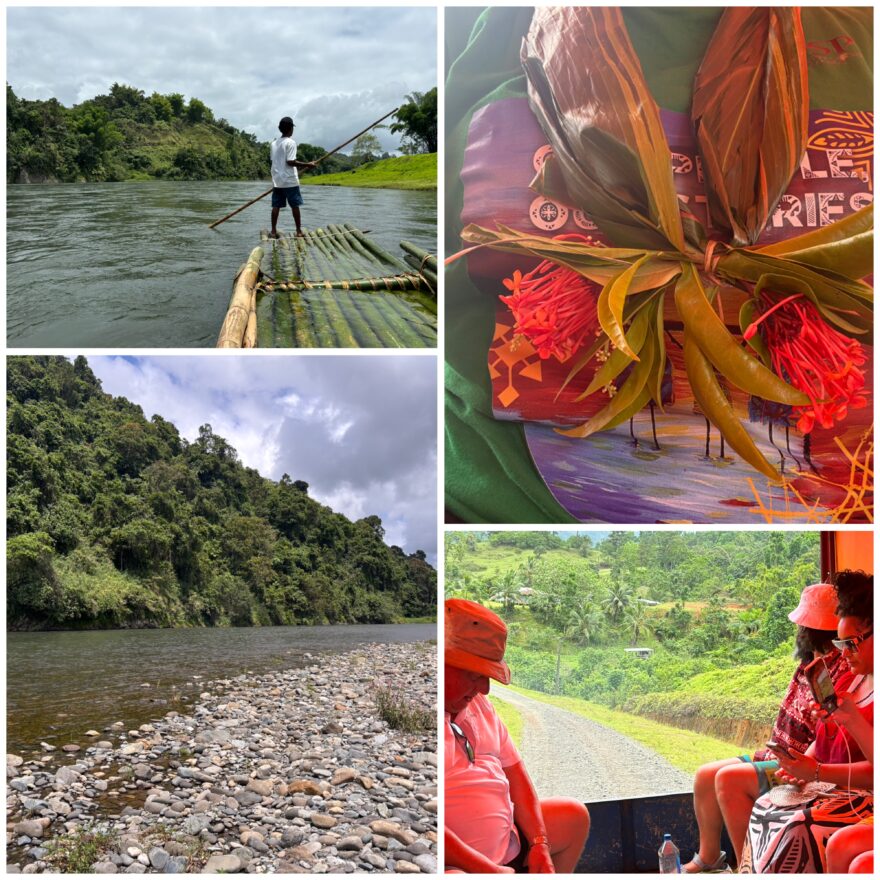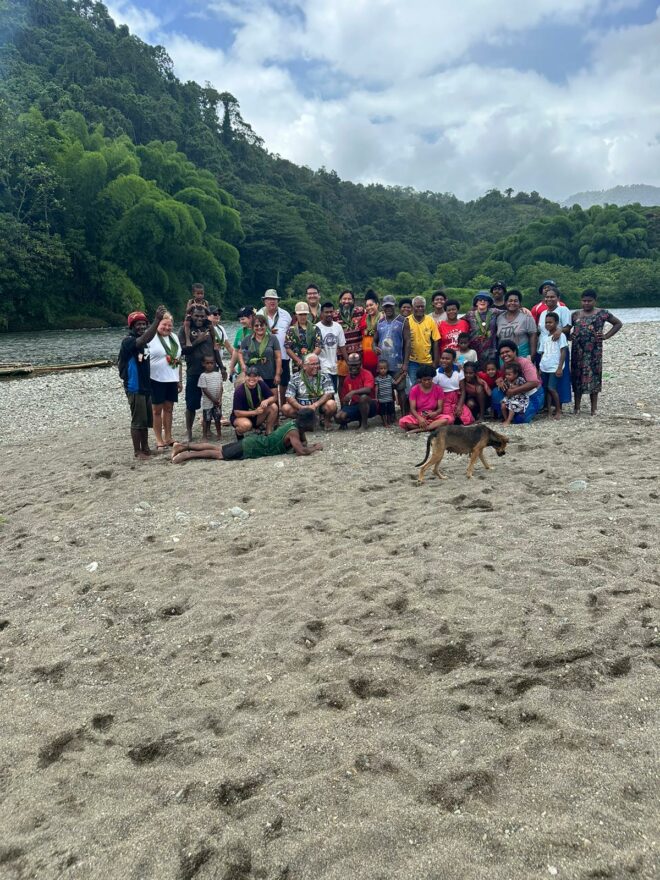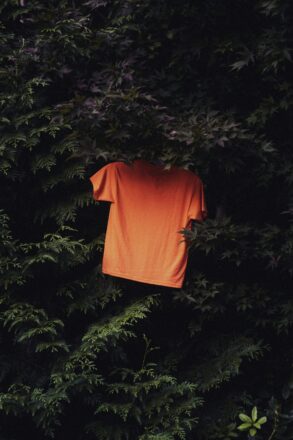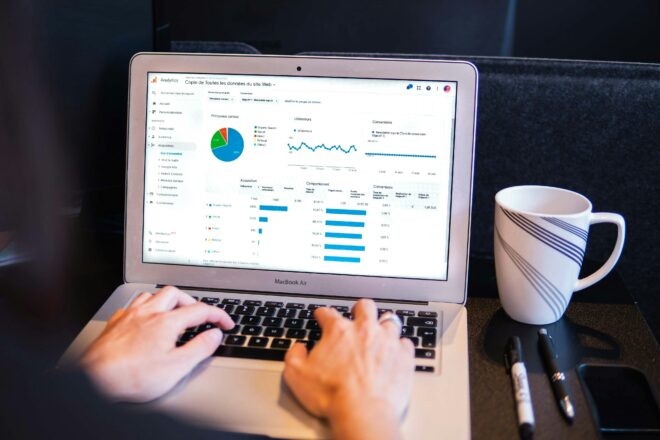Tk’emlups te Secwepemc and All My Relations build global Indigenous connections in Aotearoa & Fiji.
The All My Relations Indigenous research center organized a trip for the Le7 te Melamen PhD scholars through the Knowledge Makers program to bring to life the goals of connecting Indigenous peoples globally through experiential learning and cultural sharing.
This trip began on November 9th 2024, and through the collaboration between the Tk’emlups te Secwepemc Education department led by Dessa Gottfriedson’s vision, we were able to spend just over two weeks making global Indigenous connections that serve to strengthen relationships across the oceans.
The Le7 te Melamen (Good Medicine) PhD scholars are an initiative led by Dessa Gottfriedson, Dr. Airini and Yasmin Dean that focuses on Indigenous led, culturally safe academic training for Tk’emlups band members with the sole purpose of meeting community needs. This incredible and unique cohort is a first of its kind partnership between TRU, USask and TteS and has 10 community members of various backgrounds all working on completion of their PhD.
The Le7 te Melamen scholars were accepted at the International Indigenous Research Conference held in Auckland, Aotearoa to showcase the exciting ways that Indigenous led, Indigenous created and Indigenous delivered learning can happen.
During this week in Auckland, members of the Le7 te Melamen group also joined in solidarity with Maori who took to the streets in a Hikoi demanding that Te Tiriti be honoured and that treaty rights for Maori people be upheld rather than watered down.
After this week of making connections at the International Indigenous Research Conference, and participating in grassroots led activities for Maori treaty rights, the Le7 te Melamen cohort and members of Tk’emlups te Secwepemc’s education department headed to Fiji!
In Suva, we were graciously hosted by the University of the South Pacific, given a tour of the campus, an orientation as to how this university operates, and welcomed with a kava ceremony held by Fijian Graduate students and Program instructors of Fijian studies
Dr. Sereana Naepi ,co-founder of the Knowledge Makers program, was gracious enough to connect us with her wonderful mom Alumita and together they planned a trip into their home village of Nakorosule for our entire group.
The day began by loading up into the back of a vehicle and preparing for the exciting adventure ahead of us.
After riding for an hour and 45 minutes, we arrived in Nakorosule Village and we were welcomed by both Alumita’s family, and the Chief of the Village. A kava ceremony was held to properly welcome us, and to start our visit off in a good way. We offered a gift from Tk’emlups territory to the Chief as thank you for welcoming us on his land.
After this ceremony, we were taken to the beautiful river and surprised with three rafts made just for our group! Our wonderful guides who were part of the community took us down river on these rafts called Bilibili in Fijian.
This experience traveling the rivers as was traditionally done in this region was overwhelmingly beautiful. We were then taken to a riverbank where we met the rest of Sereana and Alumita’s family who were cooking us an incredible traditional Fijian feast!
We learned so much about how food would traditionally be prepared and cooked over the fire in bamboo, and discussed the similarities and differences between how each Indigenous nation we came from would prepare food and share food with loved ones.
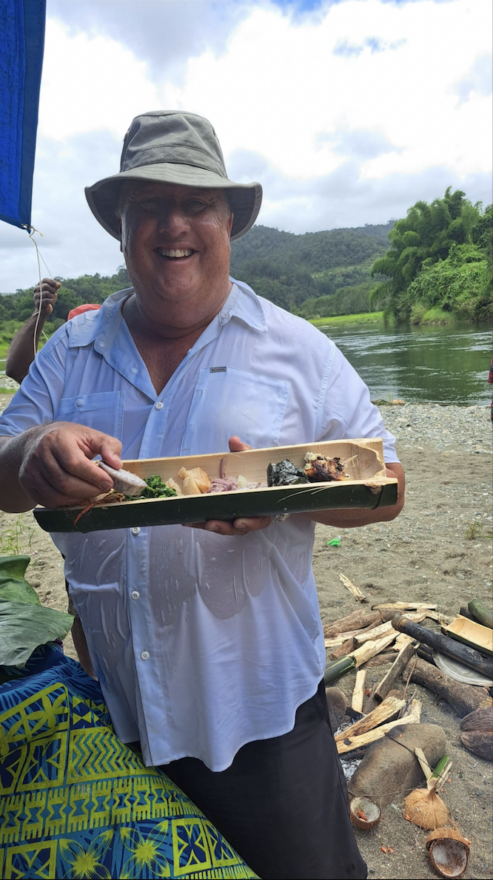
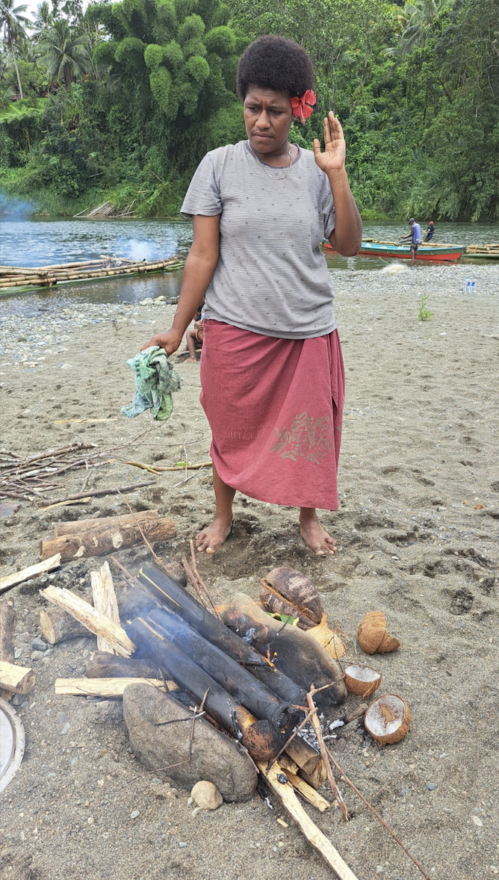
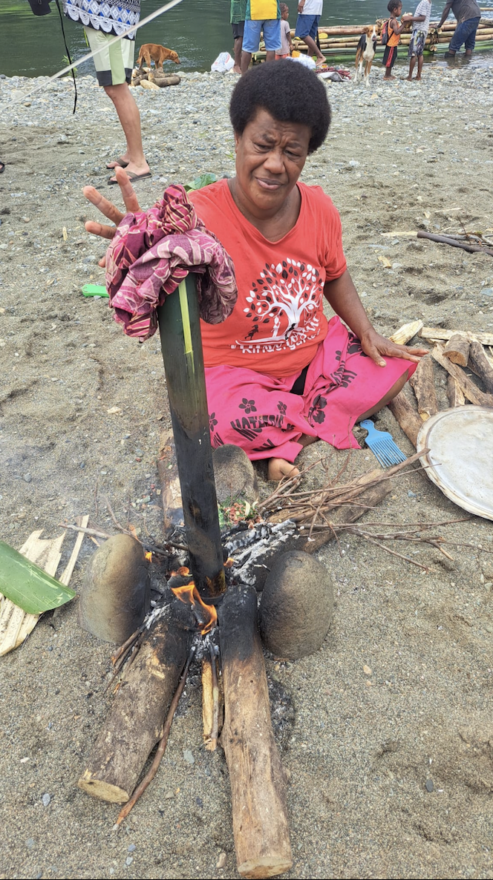
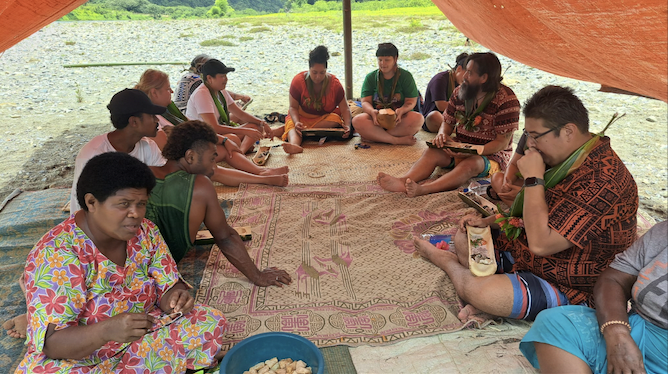
Sharing food we made the most meaningful connections between Indigenous peoples across the globe, and after lunch we danced, sang and shared songs from Tk’emlups with our hosts.
The importance of connecting Indigenous people from Canada with Indigenous people across the globe can not be overstated. Globalization and Colonization has, and continues to have, a heavy impact on all global Indigenous communities, our ways of life and the eco-systems that we are part of. Fostering this global solidarity, sense of connection and renewed strength through our shared respect for the land is just one way that we can build collective community.
Knowledge Makers recognized from its inception (as represented through our use of imagery utilizing the pine need basket weaving practice) that individually we are all unique, but we lack strength unless we weave ourselves together to form the whole. In an increasingly globalized world, no single individual or nation can address complex global issues such as climate change, poverty, and international security on their own. It will take all of us collaboratively sharing our knowledge, our skills and showing up for one another when needed in order to target the issues affecting our communities. What better way to start than to share a meal and have a visit!
